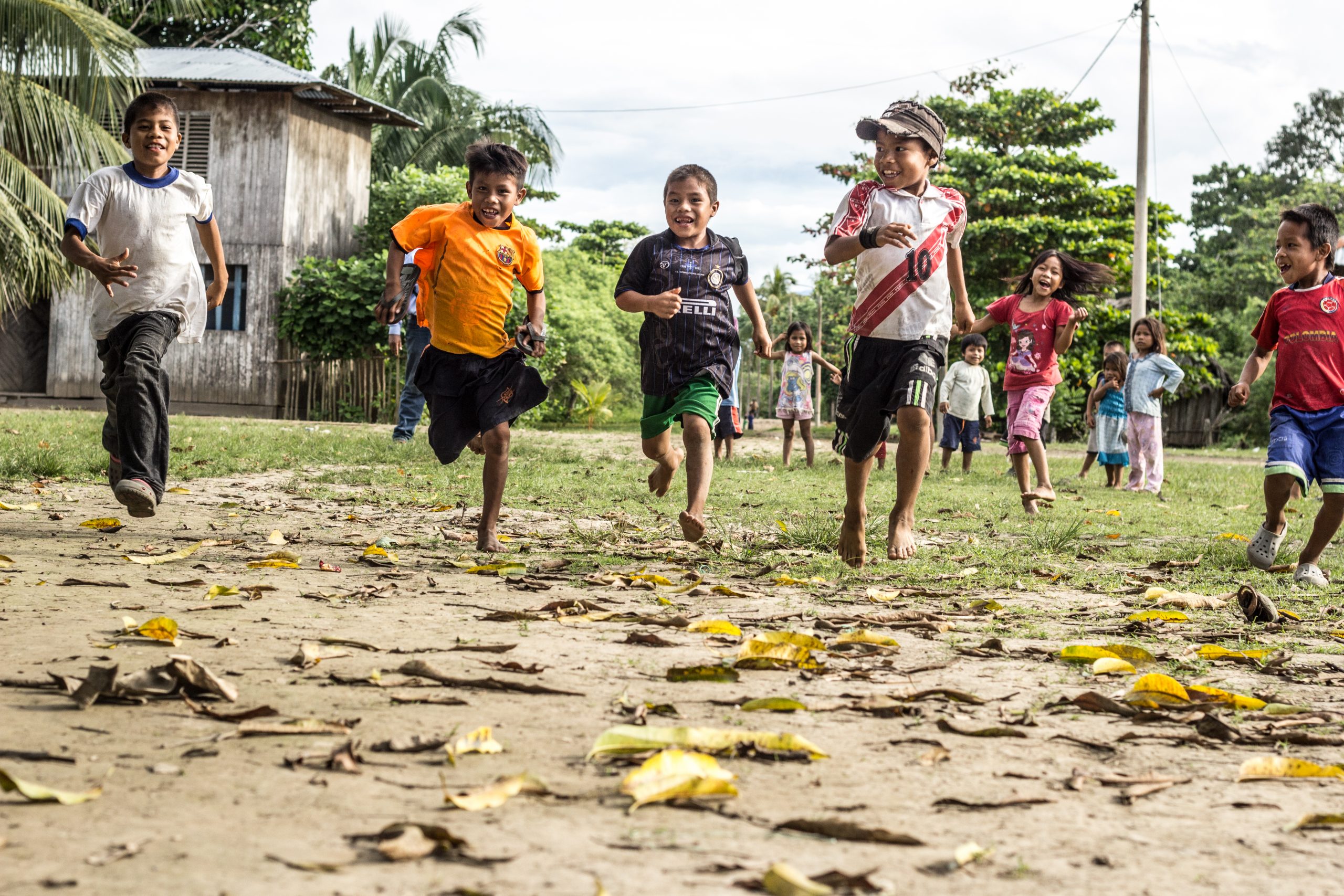Thinking outside the modern capitalist logic: health-care systems based in other world views
Latin America is home to about 800 different Indigenous Peoples and Nationalities, the equivalent to 9·8% of its population. The average infant mortality rate in Indigenous children is 60% higher than that in non-Indigenous children. In 2018, Ecuador reported that 50·6% of its Indigenous population lived in poverty, compared with 20·9% of the non-Indigenous population. Between 2014 and 2017, maternal mortality was 69% higher in Indigenous than in Mestizo women. Chronic malnutrition affects one in four Ecuadorian children, and the rate doubles in Indigenous children. These figures evidence historical and structural inequalities. Despite discourses of modernisation and development, the old process of colonisation and subjugation of Indigenous Peoples continues. Violent appropriation of territory, forced displacement of peoples and communities, or depredation of their vital spaces for oil and mining are some facets of this domination.
One of the most subtle and, simultaneously, most violent forms of subordination is cultural imposition. In the field of health, this imposition is maintained through the biomedical model developed in high-income countries. But Indigenous Peoples have highly efficient health-care systems of their own. During the COVID-19 pandemic, and in the face of poor state responses, they implemented concrete actions to respond to the health crisis: isolating voluntarily in their communities, preventing the entry of oil and mining companies to their territories, promoting food exchange between regions with low contagions and regions with high contagions (for which there was no government provision for food security), registering the number of COVID-19 cases, prioritising plant-based remedies, producing information material in their own languages, and having traditional birth attendants deliver babies, among other measures. The pandemic also highlighted the serious limitations of the hegemonic biomedical model based on technological and pragmatic conceptions of health care.
Arteaga-Cruz, E., & Cuvi, J. (2021). Thinking outside the modern capitalist logic: health-care systems based in other world views. The Lancet. Global health, 9(10), e1355–e1356. https://doi.org/10.1016/S2214-109X(21)00341-7
IMAGE CREDIT: Children from La Roya community, in the Peruvian Amazonia. Photo by Juan Carlos Huayllapuma/CIFOR is licensed under CC BY-NC-ND 2.0

